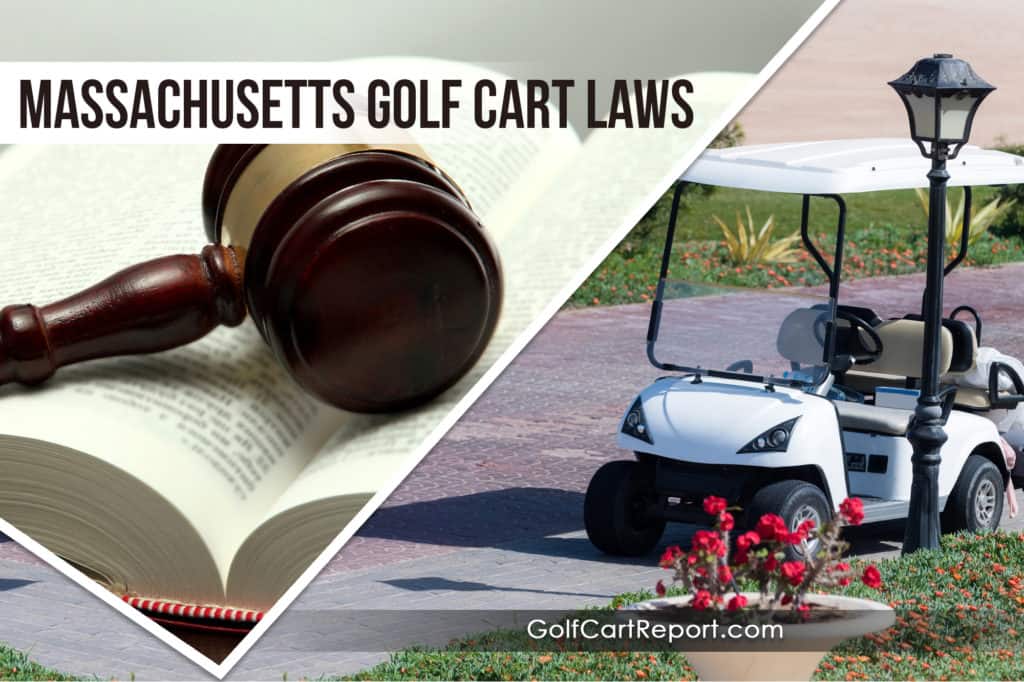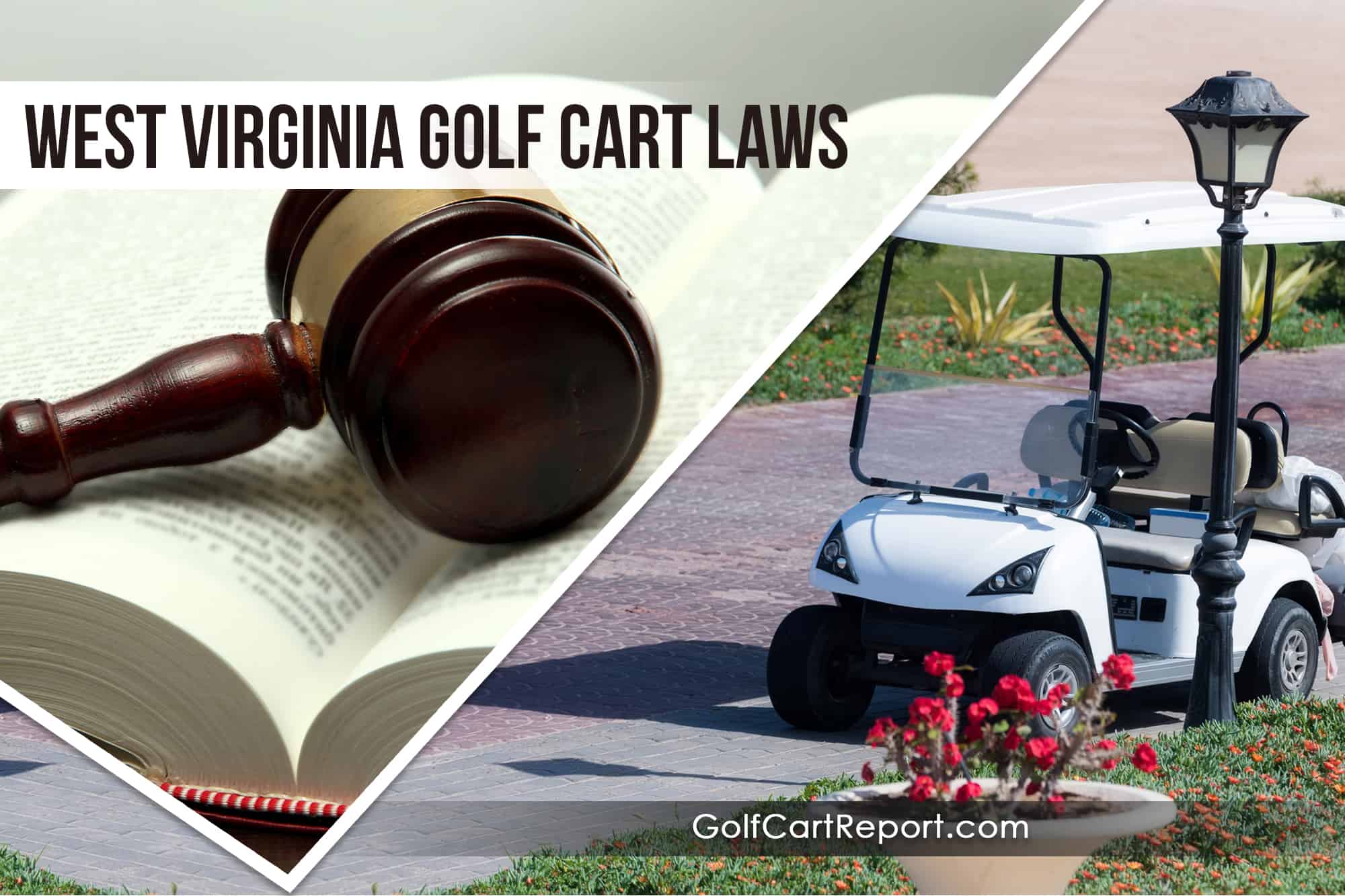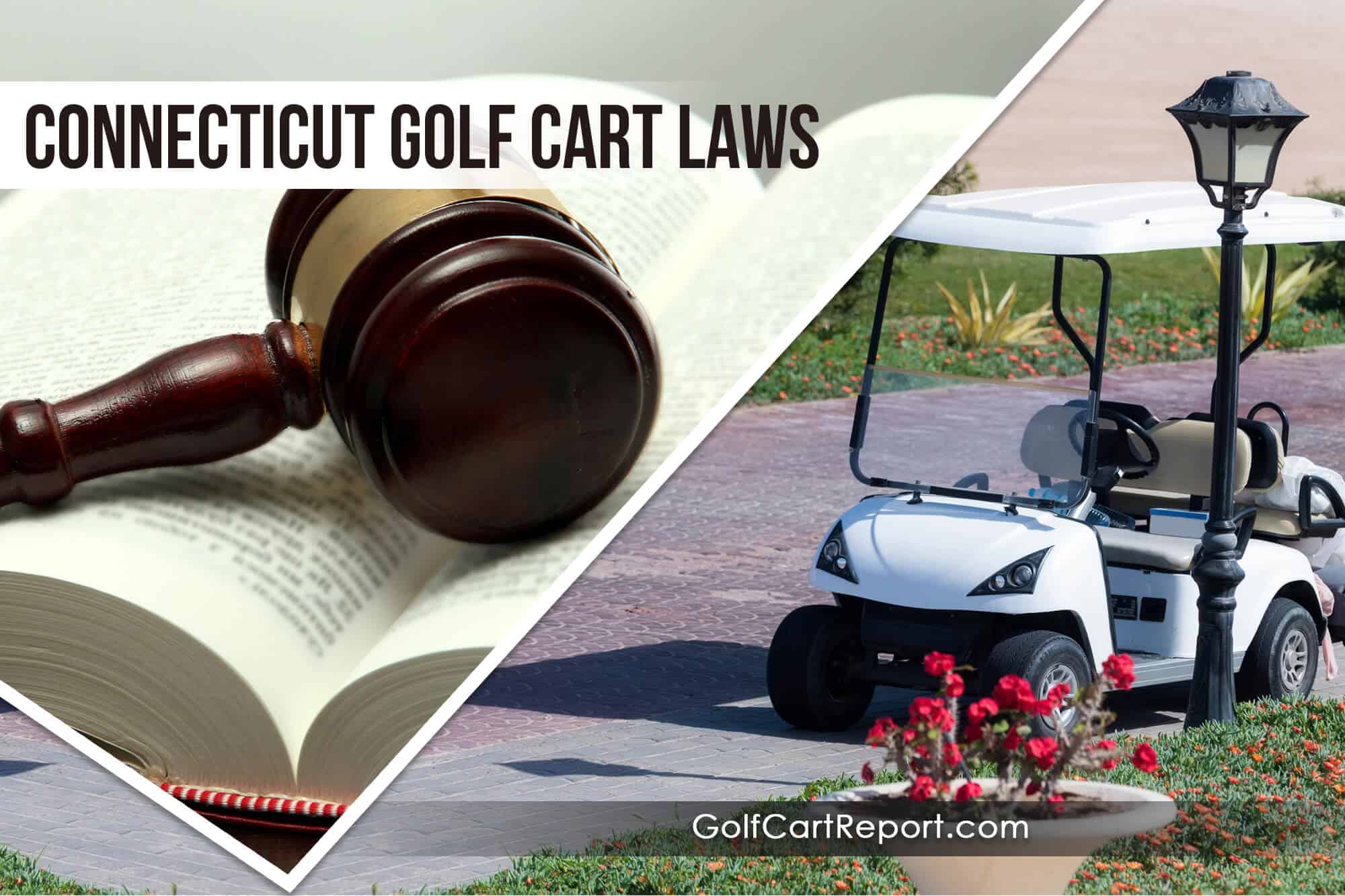Massachusetts Golf Cart Laws
Though not a large state, Massachusetts has many great roads on which you can cruise.
And, according to state law, you can take out a golf cart as a low-speed vehicle on many of these roads.
Understanding these guidelines is critical to ensure that you don’t break any laws.
Thankfully, you shouldn’t have a difficult time grasping these guidelines.
Federal Law Must Be Considered
Currently, the federal government does not allow golf carts on any national or international highways.
The same is true of low-speed vehicles.
Typically, they state that these carts must stay on state or local roads to prevent any danger.
That’s because the speed on most federal or international highways is much higher than a low-speed vehicle can achieve.
That said, the federal government does define the nature of a low-speed vehicle.
Interestingly, a golf cart does not qualify as manufactured.
However, you can adjust the nature of your golf cart to make it match these needs.
When you do, your cart is capable of driving on state and local roads at the jurisdiction of the states and towns in which it travels.
As a result, you must fully understand the laws that government Massachusetts low-speed vehicle travel.
Thankfully, these elements are quite easy to understand.
In places where state law may cross with federal, remember – the federal government always trumps state law.
Most of the time, states follow these guidelines to avoid any complications.
Low-Speed Vehicle Definition
A low-speed vehicle must meet minimum federal requirements.
However, states can add other guidelines to the list, if they like, as a way of protecting their citizens.
Massachusetts mostly follows federal guidelines, here, and requires that a low-speed vehicle possess the following traits:
A certificate of origin stating where and why it was manufactured
A 17-digit vehicle identification number or VIN
A gross vehicle weight rating of less than 3,000 pounds
A top speed rating of more than 20 miles per hour but no more than 25 miles per hour
A certification from the National Highway Traffic Safety Administration as a Low-Speed vehicle
A manufacturer’s certification label posted on the vehicle
Complete registration and licensing process
Licensing and registering a low-speed vehicle is must the same as other cars.
You need the manufacturer’s certificate of origin, the previous owner’s title (if applicable), exempt registration and bill of sale, and the payment of RMV fees.
Once you have registered your vehicle, you can get it licensed following the basic steps necessary for all motor vehicles.
Before assuming that you are done, though, you need to make sure that you have a valid permit or driver’s licenses.
You need a Class D learner’s permit or a full license to operate any low-speed vehicle.
And all carts must be upgraded with proper safety items to ensure that it is road legal.
These include:
Headlights
Stop lights
Turn signals
Taillights
Reflex reflectors
Parking brakes
Rearview mirrors
Windshields
Seat belts for each rider
RMV officials will inspect each low-speed vehicle before registration to make sure that they possess these items.
If you are uncertain, contact your nearest office and ask them about this process.
You can usually upgrade most golf carts to meet these headings.
However, some areas may be stricter about what qualifies.
Your local jurisdiction should have rules that you can check for golf carts.
Driving a Low-Speed Vehicle in Massachusetts
Laws for driving low-speed vehicles in Massachusetts are simple.
Once your cart is thoroughly inspected, registered, and licensed, you need to buy insurance.
Typically, you’ll need to get primary liability and collision coverage.
You can buy more advanced policies, if you like, to protect your cart.
However, these are not strictly necessary legally.
For some, they may be too expensive to purchase.
Emission testing varies depending on your vehicle.
Typically, you don’t need these tests for electric motors.
That’s because the battery alone won’t produce any excessive emissions.
However, most road-ready golf carts end up with either a hybrid engine or a gasoline-powered one.
In this situation, you need an emission test to ensure your cart is safe for the road.
Emission tests gauge how much pollution your cart will generate.
You should be able to find a center like this quite easily near you.
If for any reason, you can’t, you can instead talk to your RMV officials.
They will find a place where you can get your cart inspected.
Then, they will gauge their safety levels.
This step should be quite simple, though you will have to pay an inspection fee.
And you can only ride on roads where the speed limit is 30 miles per hour or below.
Pay attention to your local ordinances, however, as many have different rules and regulations on golf cart use.
Make sure that you check where golf carts are allowed in your area.
Some cities have stringent standards on where you can drive low-speed vehicles.
Federal Golf Cart Laws
Helpful Links
https://www.mass.gov/service-details/low-speed-vehicles
https://www.nhtsa.gov/
https://www.mass.gov/orgs/massachusetts-registry-of-motor-vehicles
Disclaimer
Even though our guides are thorough and researched, it is highly recommended that you perform your own research and check with your local municipality on rules as well.




Leave a Reply
You must be logged in to post a comment.